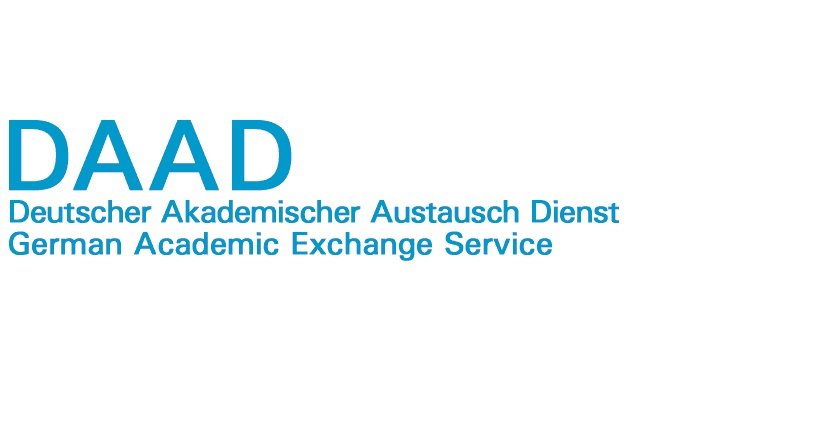Public vs. Private Universities in Germany – A Comparison

Germany is home to some of the best universities in the world. There are two types of universities in Germany: public and private. Public universities are funded by the government, while private universities are subsidized by tuition fees and donations from alumni and businesses. Now when it comes to choosing your mode of study, public and private universities share some similarities, but at the same time, there are significant differences between the two.
1. Tuition Fee
Tuition fees are often waived at public institutions, except for the semester fee, although this is not the case at private universities. Private universities have a cost associated with them to ensure that the university has sufficient resources to ensure the quality of your education. However, for most overseas students, a master’s degree at a private university is still a viable alternative. While rating highly well in the academic world, German private institutions are significantly less expensive than many popular study locations.
For example, the typical semester price in the United States, Canada, Australia, or the United Kingdom could cover your whole degree program at a German private university. The tuition fee in private universities starts from 5k Euros per semester, and it can go up to 7-8-10k Euros or more depending on the city and university you apply to. (This means you need to pay at least 17-18 lakh rupees for your master’s program in a private university, and this amount can go up to 30-35 lakhs)
2. Types of Programs
In Germany, there are two sorts of programs: English-taught and German-taught programs. Private colleges have a greater emphasis on English-taught programs for overseas students, whereas public universities have fewer English-taught programs and more German-taught programs. (This isn’t to say that there aren’t any English-taught programs; it just means that there are fewer of them, and to get into a public university, you need good grades in your bachelor’s and German proficiencies.) Knowing German as a language is essential for your day-to-day activities and to be well integrated into German society, regardless of whether the university is public or private, and whether your program is German or English-taught. Having German proficiencies also helps you in many other ways, which we will talk about today.
3. Admission Criteria
Even though private universities have gained a reputation in recent years, public universities remain more popular and in demand, which is why public universities apply numerous clauses (which means there is more competition with limited seats, and you must meet all of the requirements for the admission procedure, and if you fail to do so, you may not be able to get a seat for an English-taught program at a public university), whereas private universities do not. As a result, even if your qualifications don’t fulfill all of their exact admission requirements, your application will be reviewed. As an example, let’s say your language abilities aren’t up to par. In that instance, a private German university would be contacted. In that case, a private university in Germany will admit you but will ask you to take a preparatory course in the first place. In contrast, this practice is rare among public universities. Hence, getting admitted to a private university is more accessible than in a public university.
4. Employability after your master’s
When it comes to employability, the university you attend won’t make much of a difference. German universities have a worldwide reputation, and their graduates are in high demand. Nonetheless, if you want to beat the competition, some universities will help you advance in your profession. Various studies conducted in Germany to gauge employers’ confidence in university graduates have revealed that applicants from public universities are valued slightly higher. They believe these pupils have a greater level of academic and practical expertise. Private universities, on the other hand, have gained a greater reputation among companies in recent years, and their study programs can provide you with a lot of employability.
5. Scholarships
Germany’s low or no-tuition public universities are one of the reasons for the country’s current popularity as a study destination. Furthermore, there are numerous scholarships accessible to international students. The number of scholarships available at public colleges is, to some extent, greater than at private universities. Except for the fact that the quantity of scholarships is bigger, public colleges have a broader range of scholarship selection criteria. Some scholarships are awarded based on academic achievement, while some are country-specific, and others can be earned in a variety of ways. Scholarships at private universities, on the other hand, are exclusively given to the best students.

